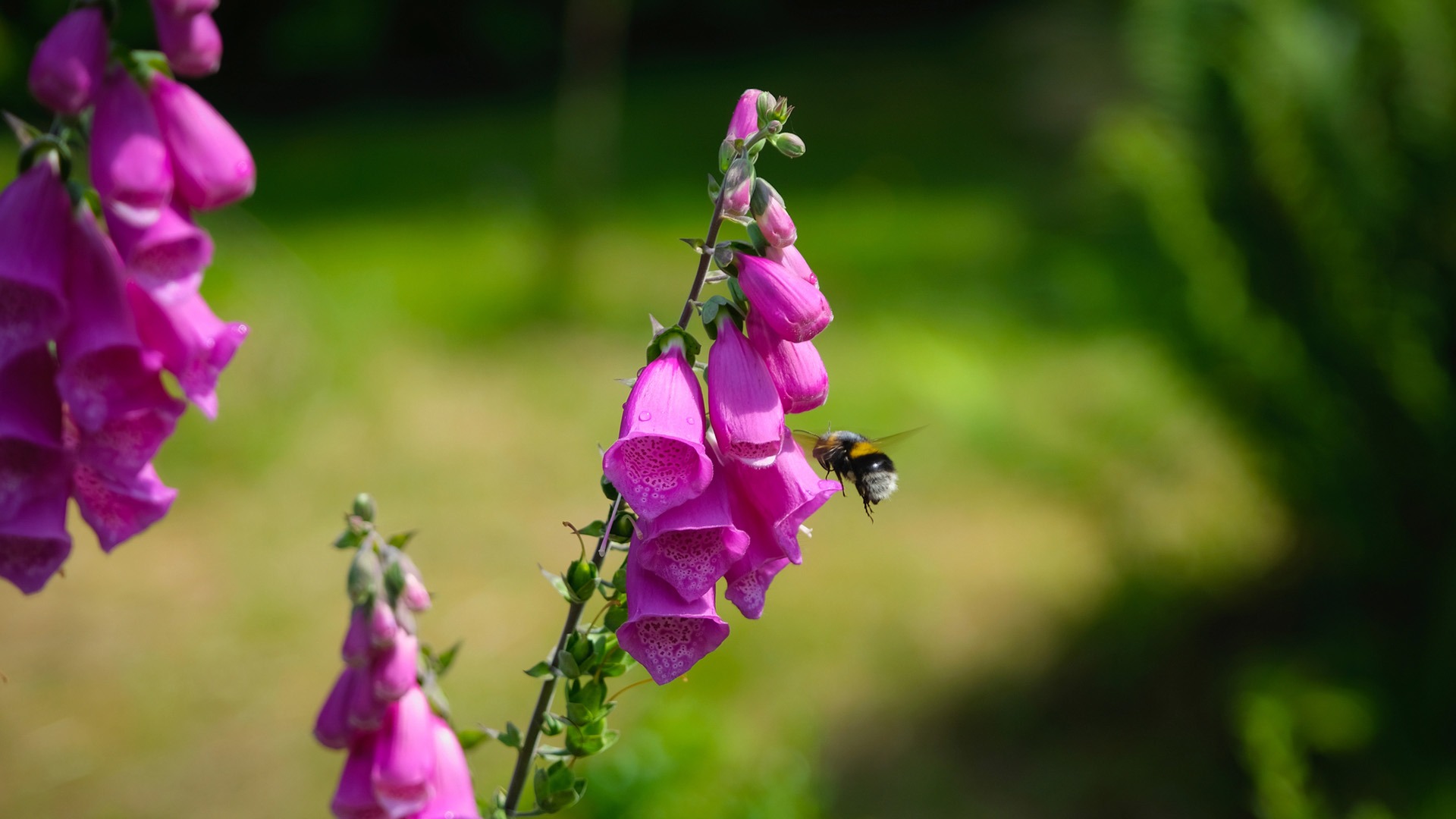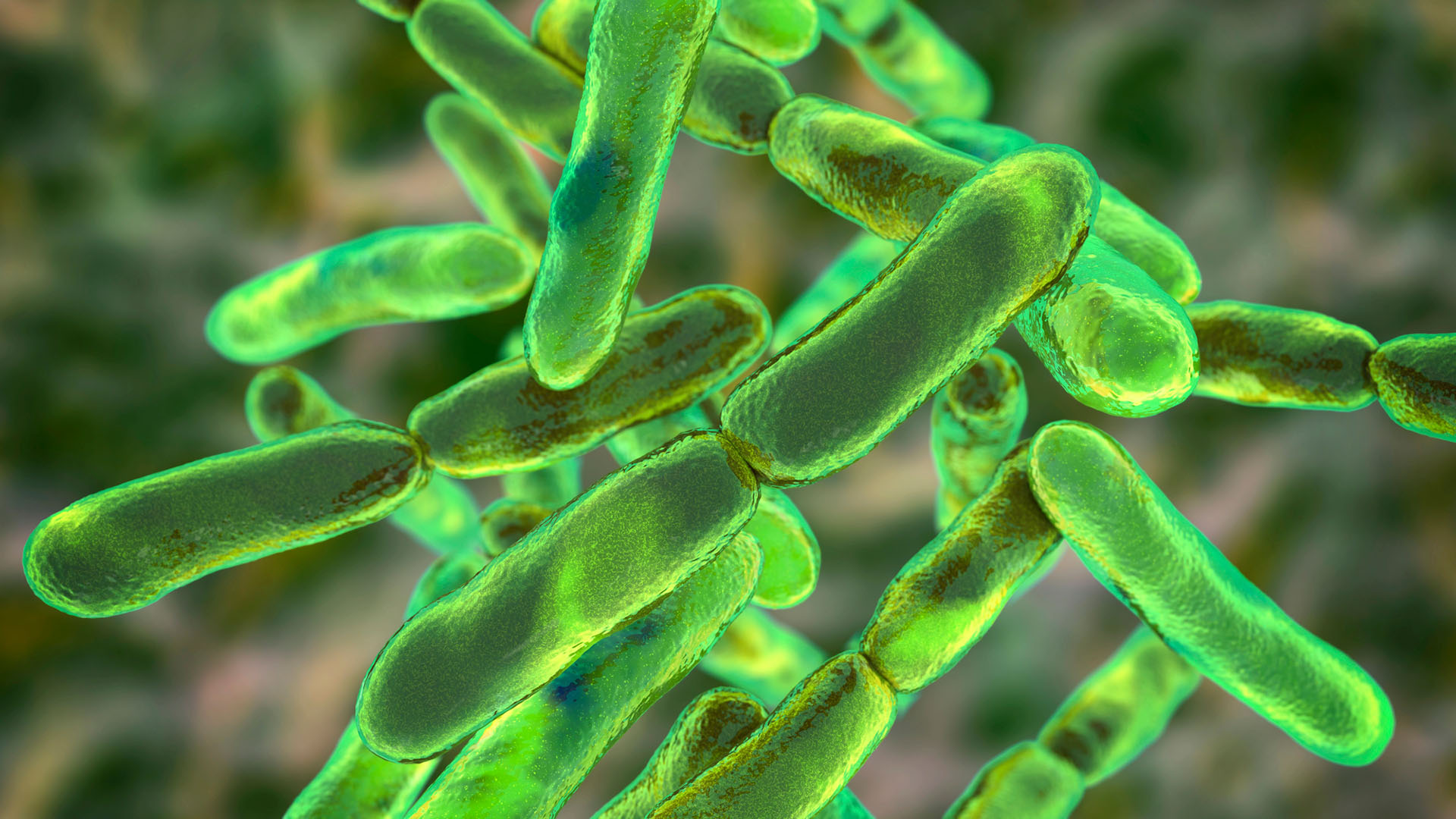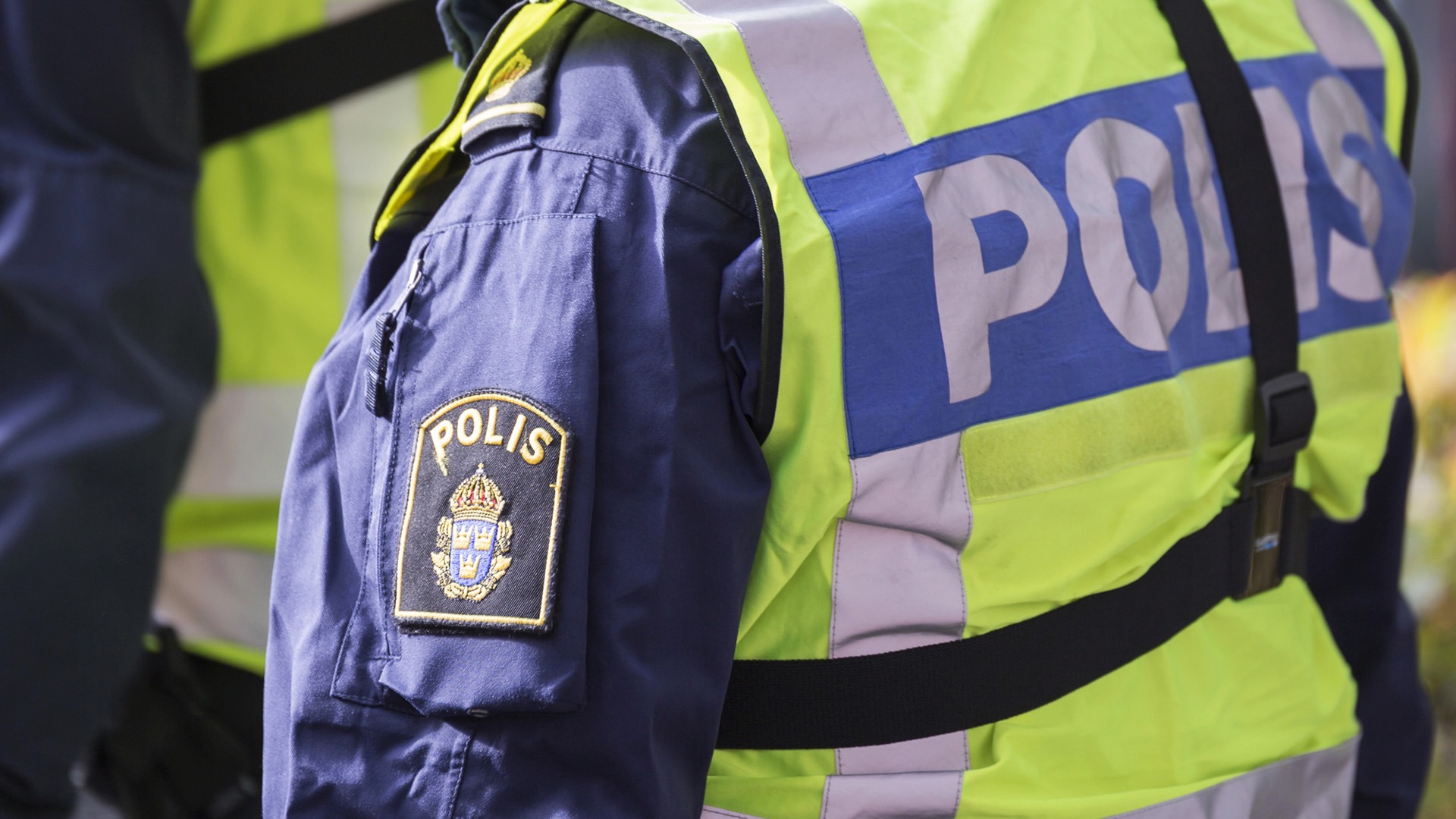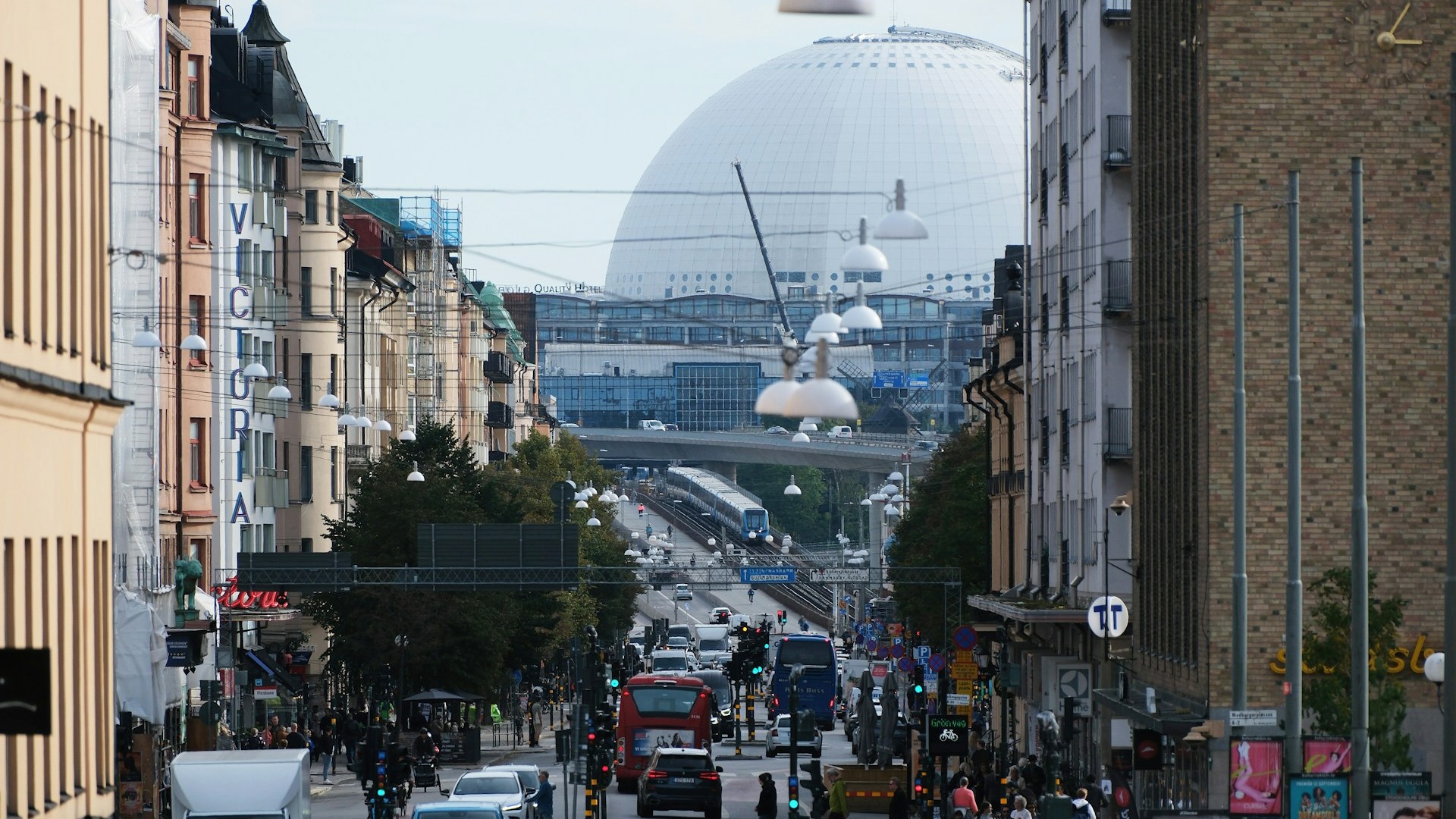The web site of a European research project on underwater cultural heritage now opened
Within the European Community Culture 2000 Programme, six European countries run in 2002-2004 the first co-operation project on underwater cultural heritage. The main organizer of the project is The Maritime Museum of Finland. The English web site of the project has now been opened.
Monitoring, Safeguarding and Visualizing North-European Shipwreck Sites: Common European Underwater Cultural Heritage – Challenges for Cultural Resource Management, The Moss Project, is set up with the aim of monitoring, safeguarding, and visualising shipwrecks. The objective is to inform Europeans about our underwater cultural heritage, the significance of it, and the importance of its protection.
The project is based on four shipwrecks, all of which are of great significance from a European point of view. The wrecks are located in the Netherlands, Germany, Sweden, and Finland. The shipwrecks will be presented to the European public in several languages.
The project uses Internet as its most important means of communication. The web site of the project will be in English, Finnish, Swedish, German, Dutch, and Danish. The English version of the site has now been opened and it can be found via the homepage of the National Board of Antiquities in Finland at http://www.nba.fi/internat/moss/eng.htm
The main page of the project is at http://www.nba.fi/internat/moss/index.htm
Kontaktinformation
For more information, please contact Ms Sallamaria Tikkanen, Curator, The Maritime Museum of Finland. Tel +358 9 4050 9057 or +358 50 339 1498, E-mail sallamaria.tikkanen@nba.fi
For the Swedish project please contact
Professor Carl Olof Cederlund
Södertörns Högskola
+46-(0)8-6084201
email:carl-olof.cederlund@sh.se




